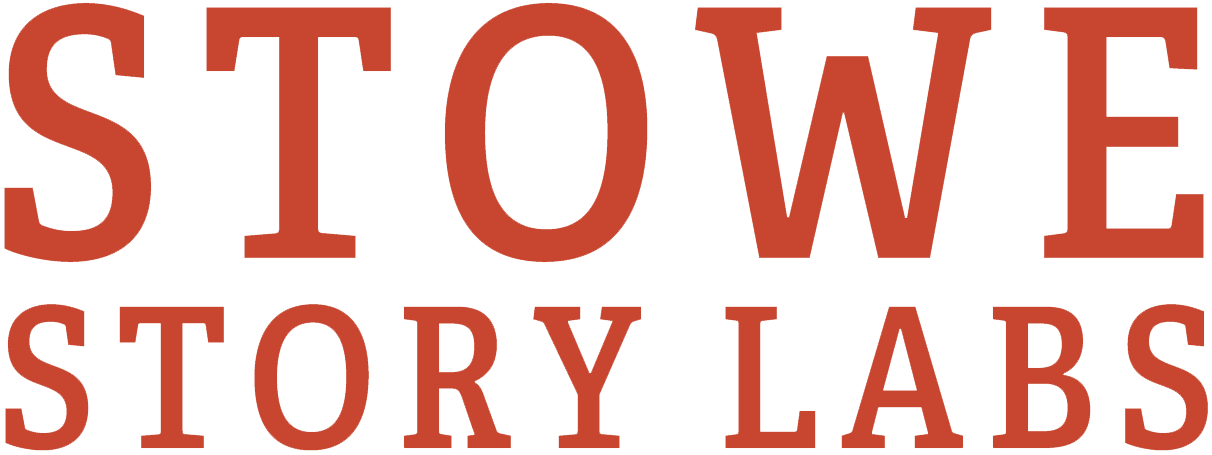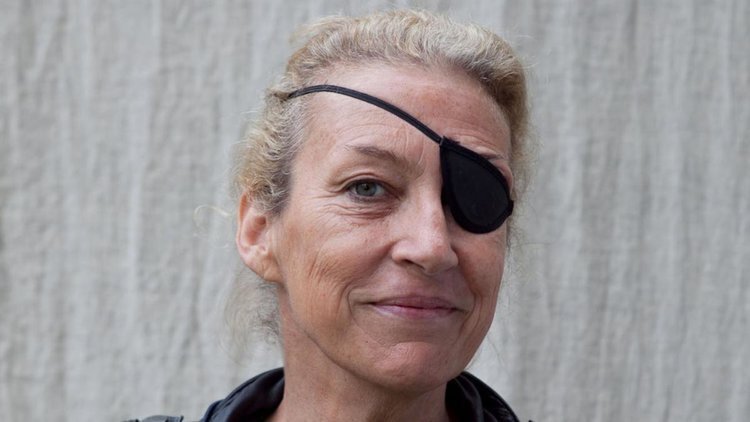The Least We Can Do
REFLECTIONS ABOUT “A PRIVATE WAR”, A FEATURE FILM ABOUT MARIE COLVIN AND MY SCRIPT “TO TELL THE TRUTH” INSPIRED BY ANNA POLITKOVSKAYA
by Tatiana R. Zaharchenko
Since I am writing a feature script inspired by Anna Politkovskaya, a Russian journalist and crusader for truth who exposed war crimes in Chechnya, it was no surprise that I rushed to a WIFV arranged preview of A PRIVATE WAR (Directed by Matthew Heineman. Screenplay by Arash Amel, based on Marie Brenner’s article "Marie Colvin's Private War" in Vanity Fair Magazine). This film is about another outstanding war reporter, Marie Colvin. Several books and a documentary about her appeared last year, and this feature film takes a prominent place for anybody interested in her work or in an intense film about a female war reporter.
There are striking parallels but also serious differences between Marie and Anna. Contemporaries, they were beautiful and feminine, courageous and daring. Marie covered wars in many turbulent parts of the world, including Chechnya. Anna wrote about the wars only in Chechnya. Both were focused predominantly on the civilian victims of war, in Anna’s case, exposing the crimes and atrocities of the Russian military and the Kremlin-installed Chechen leadership. Marie was killed in a foreign land, Homs, Syria, while on duty, reporting and risking her life. Anna was assassinated six years earlier in her own apartment building in Moscow carrying a bag full of groceries for dinner. Interestingly, as I learned preparing this article, Marie was a recipient of the Anna Politkovskaya Award of RAW (Reach All Women) in War. Both became icons of their profession, inspirations and warnings.
A Private War is a biopic in which Marie is played by Rosamund Pike. It starts with Marie’s death and then rewinds to her earlier years to bring us gradually back to her murder. It is linear storytelling without much subtext but it is crafted masterfully. Its pace, the atmosphere of war and danger and splendid cinematography keep you engaged even if the content sometimes (as in the case of Marie’s final love relationship) becomes a bit shallow. For me, it seemed to drag a bit in the first half and although it is well edited, it could be 20 minutes or so shorter. But you are rewarded by unforgettable images and crisp dialogue.
The film’s reviews were mixed but mostly positive. It received two Golden Globe nominations, one for Pike’s excellent acting. Her capacity to show the range of Marie’s states, from sharp, playful, sexy, and frivolous to aged and worn, haunted, traumatized, and emotionally broken, is amazing.
As good as it is, it is not the kind of a film I want to make about Anna. Watching it helped me understand this.
When I started thinking about and working on my script To Tell the Truth, I thought I would be creating a biopic about Anna, too. Since then a number of high quality documentaries have been made about her. She has become a symbol of courageous journalism worldwide. The vicious destruction of Chechnya by Putin’s wars is also now broadly known. His repetition of the same approach in Ukraine, an independent country for more than a quarter of a century, in violation of all international laws and treaties, hit the front pages in the US and the West.
So, over time, my script transformed from a story about Anna and her life into a story … about her absence. About Russian journalists who followed her and who were killed or survived after her.
I am trying to depict what happens to journalism in a society, in Russia particularly, where a voice like Anna’s is simply silenced. Where does it go? As a result, I had to give up some of the lines I love coming from my research. (When a 48-year-old Anna returns from a trip and excitedly announces to her grown-up children that she has fallen in love, they reply, “At your age, mother? How this can happen at your mature age?”). I also had to part with one of my favorite characters, eliminating a love story involving Anna just before she was murdered. Most importantly and kind of unexpectedly, my script events took us from Russia to Ukraine. And the arc of the story curved from fear in the former to hope in the latter. Throughout, Anna is present as a moral compass and a void which is never filled.
When I read about never ceasing murders of journalists – the barbaric dismembering of Jamal Khashoggi in Turkey; the recent ambush of Russian journalists Kirill Radchenko, Alexander Rastorguyev and Orkhan Dzhemal in the Central African Republic; the rape and murder of Viktoria Marinova in Bulgaria; and the fatal acid attack of Kateryna Handzyuk in Ukraine – I can’t stop thinking about the power or the danger of telling the truth. And about the lives of the remarkable journalists whose names we may never know.
In A Private War, Marie says “I see it so you don’t have to”. But we have to. That is the least we can do.
Tatiana R. Zaharchenko
Tatiana is an environmental and international attorney, a journalist, and a screenwriter. She attended the 2018 Fall Story Lab.



